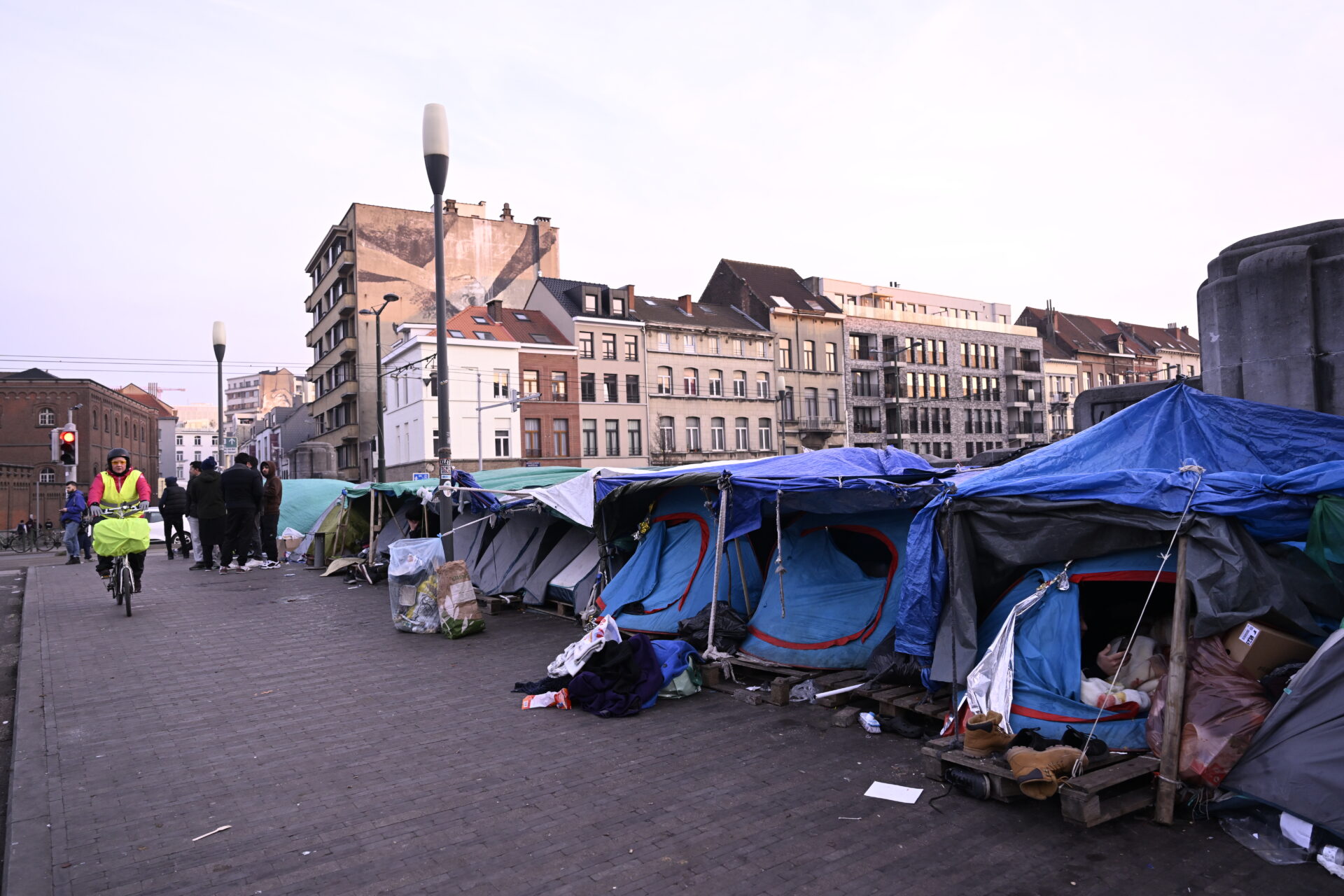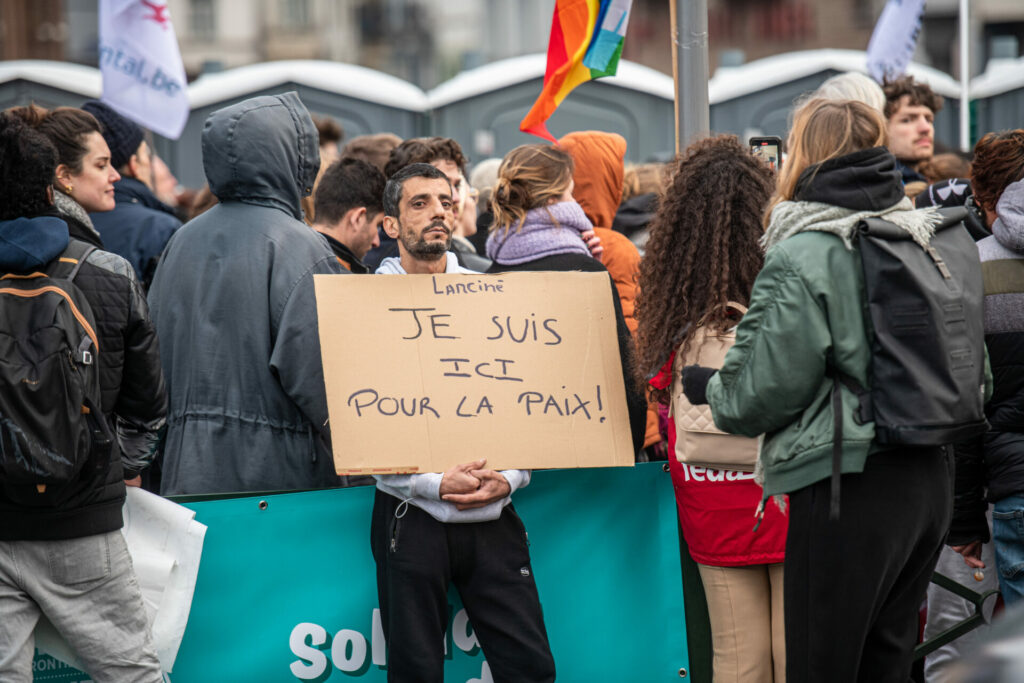The European Parliament defined its position on the new EU asylum and migration management regulation, arguing it aims to strengthen trust between Member States. Civil society organisations have pushed back, warning that it ignores the human aspect of migration.
On Tuesday, the EP's Civil Liberties Committee (LIBE) voted by large majorities on four key draft regulations from the legislative package for a new European asylum and migration policy.
The adopted texts, among other things, seek to amend the Dublin Regulation, which determines what EU country is responsible for examining an application for international protection. In particular, there will be better recognition of established family or educational links to a certain Member State.
It also claims to guarantee that the EU and its Member States will act jointly to manage asylum and migration in compliance with international and EU law and that there will be better cooperation with non-EU countries on a range of aspects from readmission to legal migration.
“The main purpose of this Regulation is to reinforce mutual trust between member states, aiming for true solidarity and fair responsibility sharing within the EU," rapporteur Tomas Tobé (EPP, Sweden) stated adding that the EP has "shown it is possible to find common ground."
Benefits outweighed by faults
The European Council on Refugees and Exiles (ECRE), an alliance of 110 NGOs protecting refugees and asylum seekers, responded to the vote saying that limited improvements were made, but that this was "no cause for celebration."
"From a protection perspective, the result looks meagre. Any benefit will be outweighed by the Asylum Procedures Regulation (APR) which creates a procedural labyrinth with expanded use of border procedures, detentions, and erosion of critical procedural guarantees," the organisation noted.
Refugee Work Flanders (Vluchtelingenwerk Vlaanderen) was also critical of the texts, specifically of the Regulation on Asylum and Migration Management (RAMM), aiming to replace the current Dublin Regulation through a new "solidarity mechanism."

Belgium's reception crisis has resulted in thousands of asylum seekers being left in the cold. Credit: Belga / Laurie Dieffembacq
This means Member States under "migration pressure" should be able to rely on voluntary help from others, including financial or material aid. When an "unexpected" and "massive" influx of migrants "undermines the functioning of regular procedures," a special crisis mechanism can be activated, which included mandatory relocation.
These measures are not mandatory, which means that in practice, Member States can refuse to help," Thomas Willekens, Policy Advisor at Refugee Work Flanders told The Brussels Times.
"A mandatory dispersal mechanism would be a better solution, so the burden doesn't mainly fall on border countries as is the case now, which is resulting in them not implementing existing regulations and inhuman treatment of asylum seekers at external borders," however, such a binding quota system for the distribution of asylum seekers has been blocked by Hungaria and Poland in the past.
Willekens also lamented the language used by the Commission in the original proposals. "It talks of managing migration flows and sometimes we even see the term 'illegal migration' creeping in. This type of language is very dehumanising and has a major impact on the public's attitude towards migration."
"We are talking about human lives here, but oftentimes, migrants are instrumentalised as chess pieces. This type of discourse completely ignores the day-to-day humanity of migration."
All eyes on Belgium
These texts will not necessarily become law in this format, as it is now up to the Member States to define their position on the four texts ahead of negotiations with the EU Council, which could be completed by the end of the year to ensure the laws can be approved before the European elections in May 2024.
Belgium will chair the European Council of Ministers from January 2024, and will lead negotiations with the EP. Willekens argued that this will be a key moment, as "Belgium will want to ensure that happens so it can proceed to an effective vote on the texts."
State Secretary for Asylum and Migration Nicole de Moor is already urging her European colleagues to speed up.
Related News
- From reception crisis to racism: Amnesty criticises Belgium's human rights record
- Human tragedies: More than 225,000 illegal pushbacks at Europe's external borders
"Even though the road is long, we know that we have to take interim steps to land in 2024. That is why it is important to keep a good pace. I will continue to push with my colleagues to maintain momentum in the negotiations," she responded on Tuesday.
Willekens, meanwhile, stressed that the focus on these EU negotiations in the coming months should not absolve de Moor of her responsibilities now in Belgium in light of the ongoing reception crisis.

